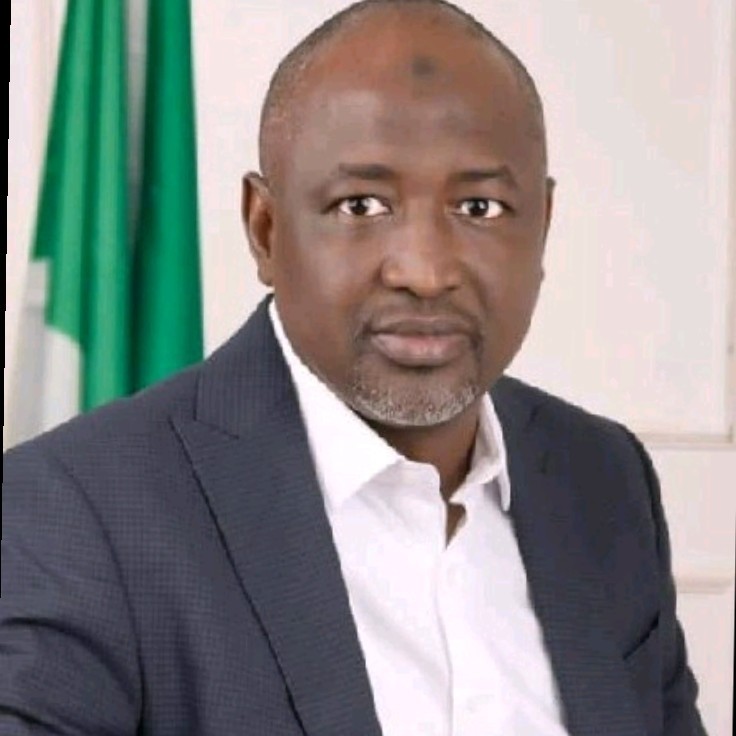
CURRENT REPORT BLOG The startling revelation by Prof Usman Aliyu, the Director General of the National Institute for Cancer Research and Treatment, sheds light on the pressing issue of cancer in Nigeria. With over 120,000 new cases annually and a grim toll of 78,000 lives lost in 2020 alone, the urgency to address this escalating health crisis cannot be overstated. In this blog post, we delve into the key insights shared by Prof Aliyu and the proactive measures being taken to combat the rising tide of cancer in Nigeria.
Alarming Statistics and Urgent Need for Action
Prof Aliyu’s disclosure of over 120,000 new cancer cases per year underscores the critical nature of the situation. The staggering death toll of 78,000 in 2020 alone, with a breakdown of 44,699 females and 34,200 males, highlights the gender-specific impact of this health crisis. The urgency to address this alarming trend becomes even more apparent, necessitating immediate and collaborative action.
NICRAT’s Strategic Initiatives
The National Institute for Cancer Research and Treatment (NICRAT) is at the forefront of the battle against cancer in Nigeria. Prof Aliyu outlined the institute’s commitment to disrupting the prevalence of cancer through heightened awareness, improved treatment accessibility, and enhanced research capabilities. The recent launch of three crucial documents, including the National Strategic Cancer Control Plan 2023-2027, demonstrates NICRAT’s strategic approach to address governance, prevention, supply chain management, data and research, and surveillance.
Increasing Cancer Experts Through Training
A pivotal aspect of NICRAT’s strategy involves a significant increase in the number of cancer experts through comprehensive training initiatives. This commitment aims to build a skilled workforce capable of tackling the multifaceted challenges posed by cancer in the country.
Collaboration and Media Support
Prof Aliyu commended the government’s decision to transfer the Cancer Trust Fund to NICRAT, marking a crucial step in consolidating resources for an effective response. He also emphasized the indispensable role of media support and collaboration with stakeholders in the fight against cancer. This collaborative approach is essential to disrupt, defeat, and ultimately eradicate cancer in Nigeria.













